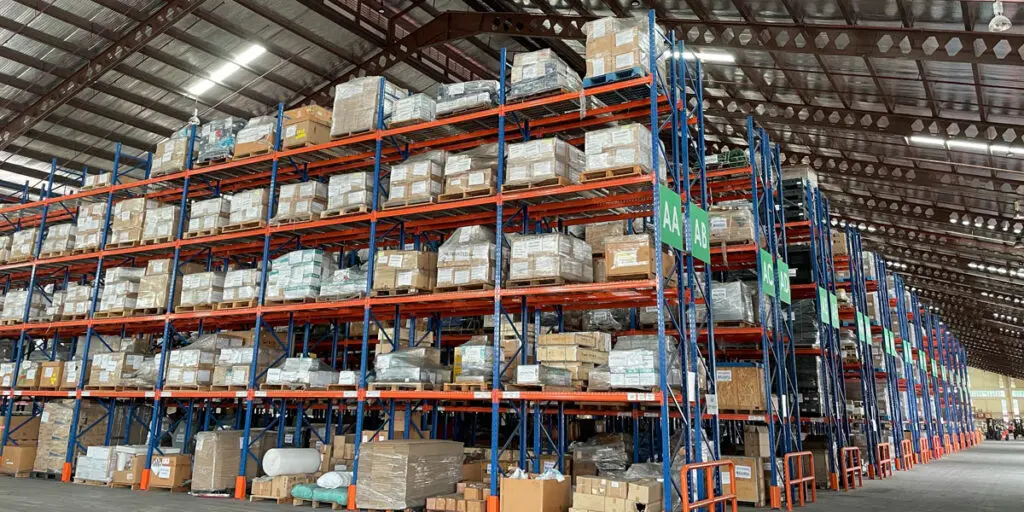As businesses continue to expand and evolve, optimizing operations and efficiently managing goods become crucial aspects. To achieve these goals, businesses often turn to warehouse storage space for rent, which offers a multitude of benefits for storing products and inventory in an organized and secure environment. Renting warehouse storage space not only helps companies save money on overhead costs associated with owning warehouses but also provides additional amenities like climate control and increased security.
The flexibility provided by renting warehouse storage space is one of its most significant advantages. With relatively short-term rental agreements, businesses can quickly adjust their storage needs as they grow or downsize their operations. This eliminates the need for long-term investments in property ownership or lengthy leases, especially when dealing with seasonal fluctuations in business.
When renting a warehouse, businesses can rest assured that their goods will be stored in a safe environment with adequate security measures in place. Facility managers often equip these warehouses with features such as CCTV cameras, alarm systems, and fire protection systems, which help safeguard products from theft or damage. Additionally, some warehouse storage space for rent offers climate control options to maintain optimal conditions for specific types of products, such as food items or chemicals requiring special environmental storage.

Factors to Consider When Selecting Warehouse Storage Space
Choosing the right storage space is crucial for running a successful warehouse. It maximizes efficiency, enhances organization, and ensures the safety of products. Several factors should be considered when selecting warehouse storage space:
Size: The warehouse should accommodate both current needs and any future expansion plans. Assess the total square footage to ensure there is ample room for inventory, equipment, and staff. Leave room for potential growth in the future as well.
Location: Opt for a convenient location close to major transportation routes, suppliers, and customers. Consider access to amenities, such as restaurants or stores, and local climate conditions that could affect product quality over time.
Security: Prioritize warehouses with security features like gates, cameras, and 24-hour monitoring capabilities. Adequate fire suppression systems should also be in place to minimize damage costs in emergency situations.
Common Types of Warehousing Facilities Available for Rent
Warehousing facilities come in various types, each catering to different needs. Here are some common types and their advantages:
Climate-Controlled Warehouses: These warehouses offer temperature and humidity control to protect sensitive products from spoilage or damage caused by extreme conditions. They are suitable for storing food products like chocolate, wine, cheese, and pharmaceuticals. Companies requiring environment-controlled spaces for operations, such as assembly lines or offices, also benefit from these warehouses.
Cold Storage Warehouses: Designed to maintain products at very low temperatures, cold storage warehouses are ideal for preserving perishable goods like fruits, vegetables, frozen foods, and seafood. They ensure freshness is maintained over extended periods.
Drive-In Warehouses: Drive-in warehouses provide direct access to storage units by allowing vehicles to enter the facility. This type of warehouse is advantageous for businesses that require frequent loading and unloading of large quantities of goods.

Conclusion
In conclusion, renting warehouse storage space is an excellent choice for businesses seeking secure and reliable storage solutions. It offers affordability, helping companies save money while ensuring the safety of their products. Warehouse storage space provides convenience, flexibility, and peace of mind that surpasses other storage options. By opting for warehouse storage space for rent, businesses can confidently store their goods in a safe and secure environment.